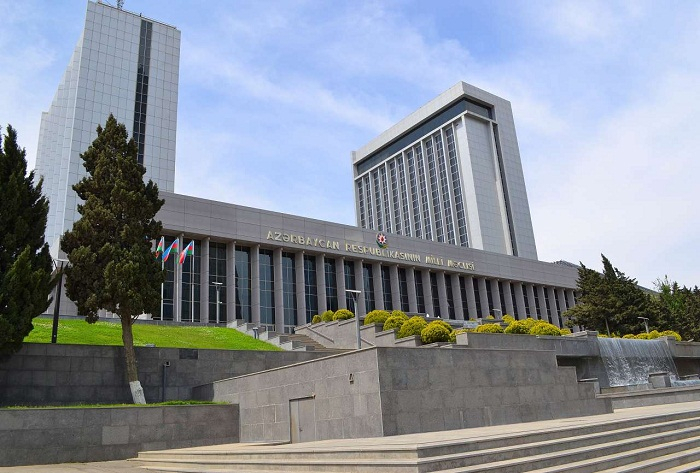One of the most significant changes is related to the income tax payment system - the government will exempt from this tax employees in the private sector who are not involved in the oil and gas sector.
Thus, starting from January 1, 2019, for a period of seven years, 100 percent benefits will be provided to them (in other words, they will be exempt from paying tax) regarding income tax from their salary. This applies to salaries worth up to 8,000 manats. If the salary exceeds 8,000 manats, the income tax exemption will be 44 percent.
Presently, the income tax rate is 14 percent from income of up to 2,500 manats per month. Above this amount, the tax rate is 25 percent.
The amount not subject to income tax increases from 173 manats to 200 manats. As opposed to the previous amendment, this will apply to all sectors, including the oil and gas sector.
If the employee’s monthly salary is 200 manats, the structure of social insurance contributions will remain at the current level: the employee pays three percent of the salary, while the employer pays 22 percent.
If the employee’s salary exceeds 200 manats, another deduction principle will be applied. The employee pays six manats and 10 percent of the amount exceeding 200 manats, while the employer pays 44 manats and 15 percent of the amount exceeding 200 manats.
These changes also affect those working in the private sector and not engaged in the oil and gas sector. At the same time, the Ministry of Taxes will take over the control over social security and unemployment insurance payments.
The benefits for agricultural producers are extended for five more years for the development of the non-oil sector and business support.
Along with this, differentiation in the simplified system of taxation will be eliminated. The simplified tax, which currently amounts to 4 percent for taxpayers operating in Baku, and 2 percent for taxpayers in the regions, will be unified and a single rate of 2 percent will be established throughout the country.
More about: Azerbaijan tax-legislation















































